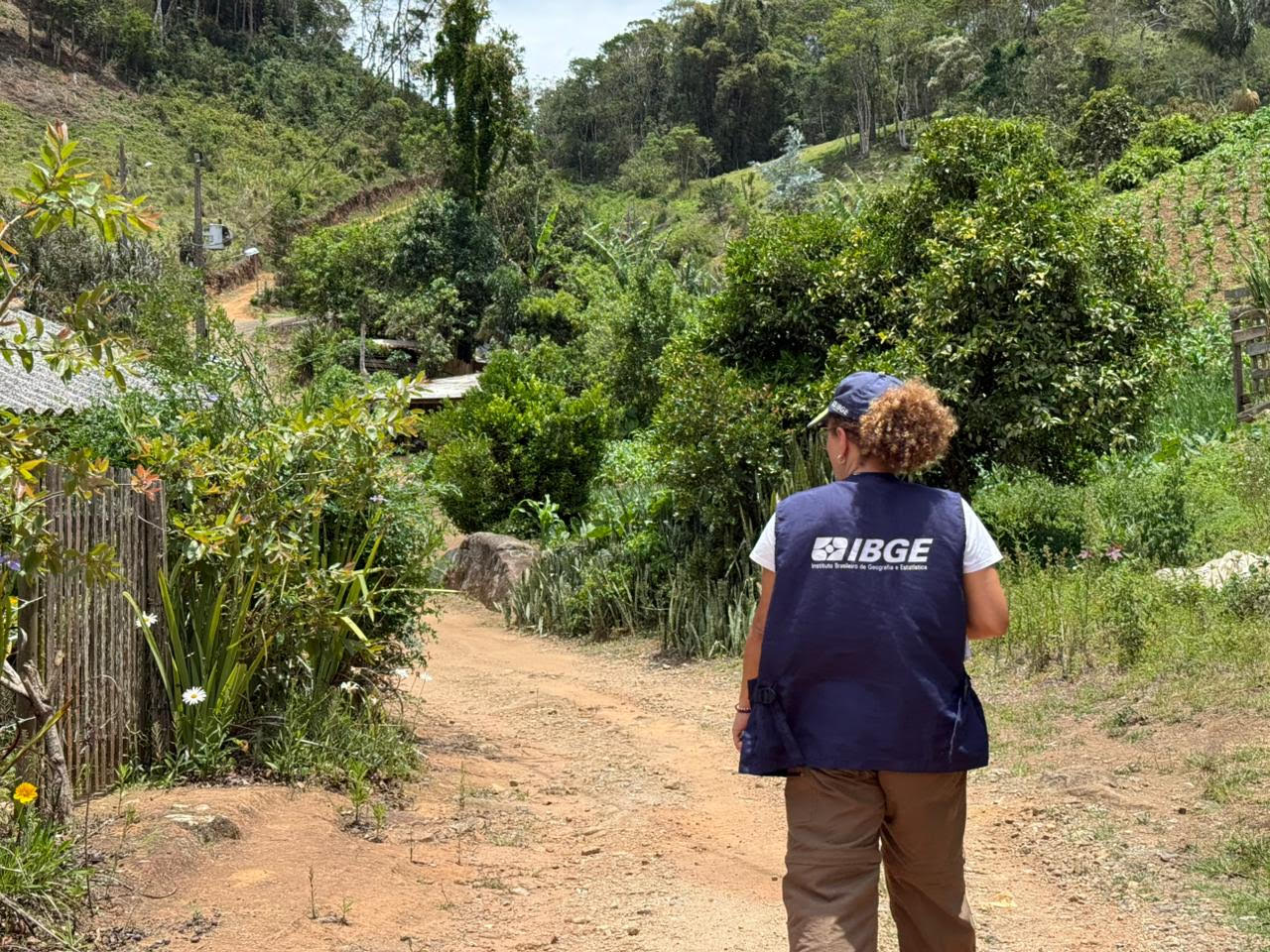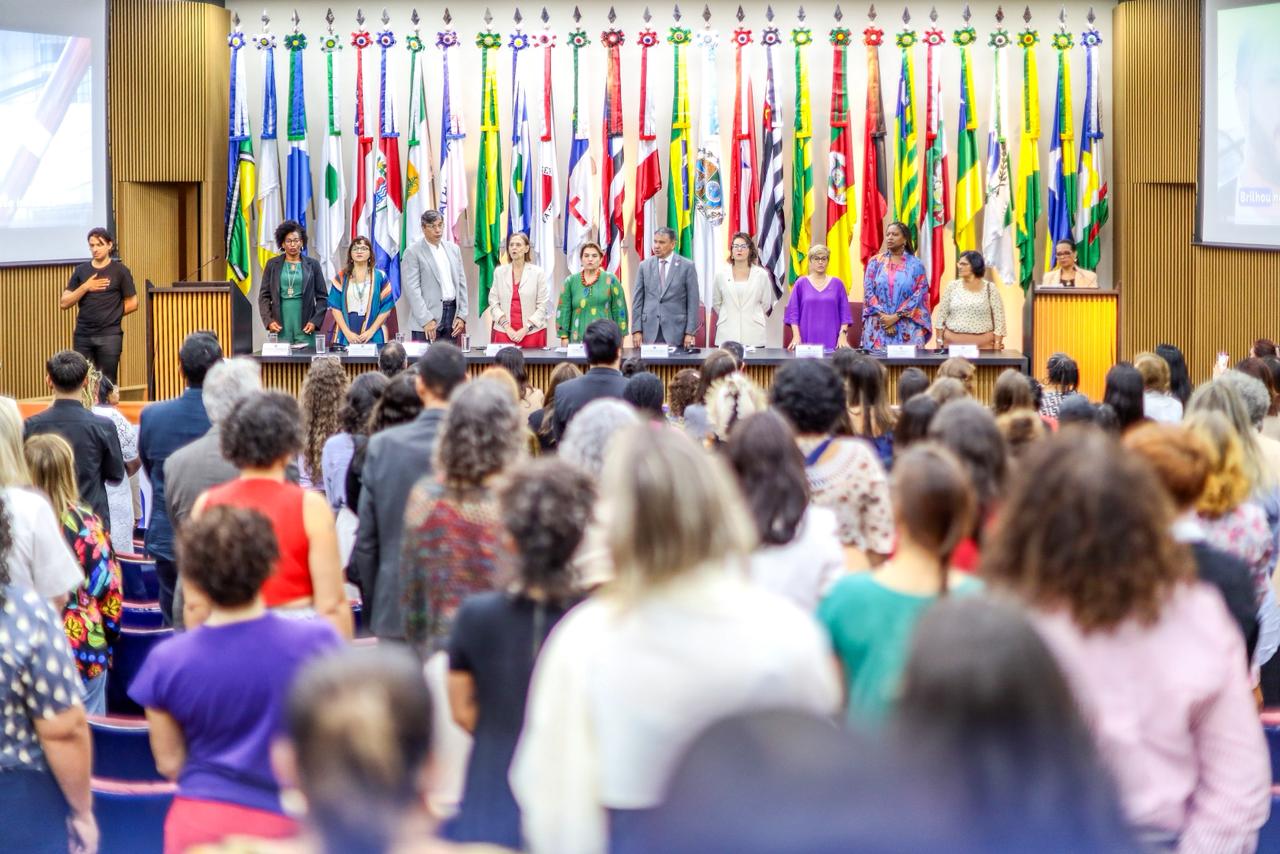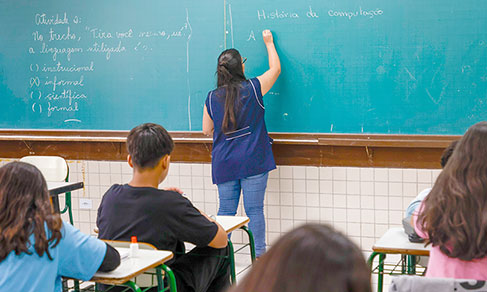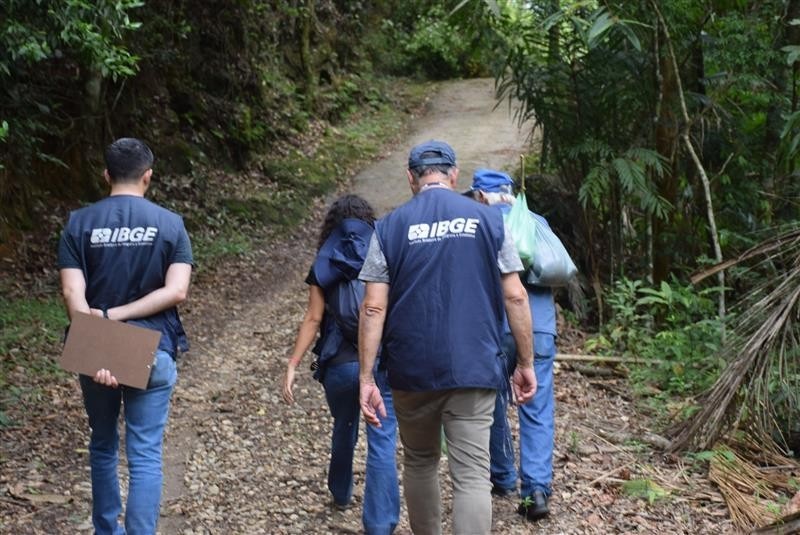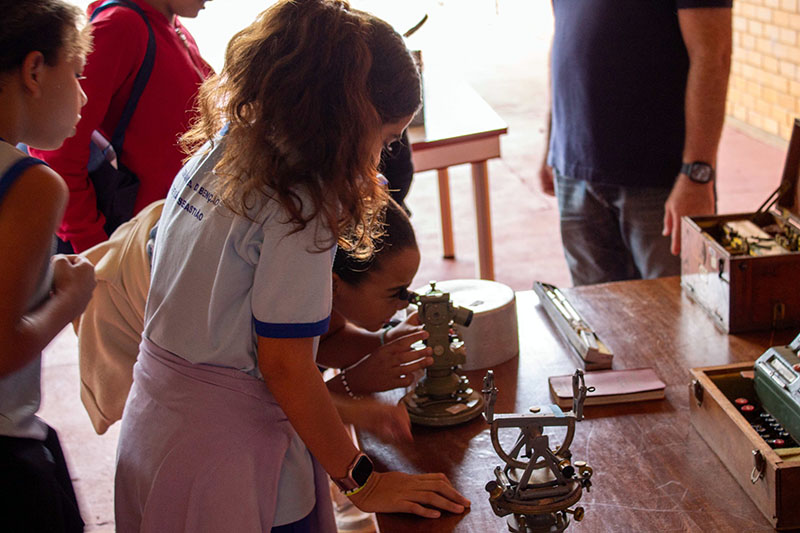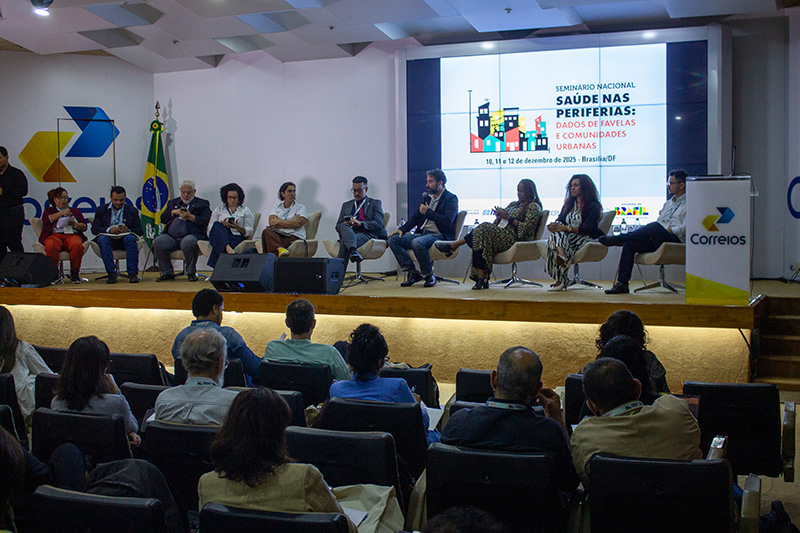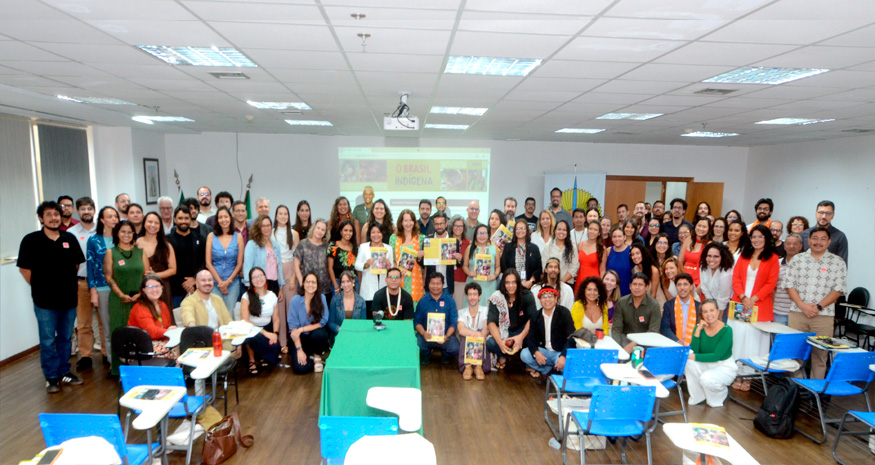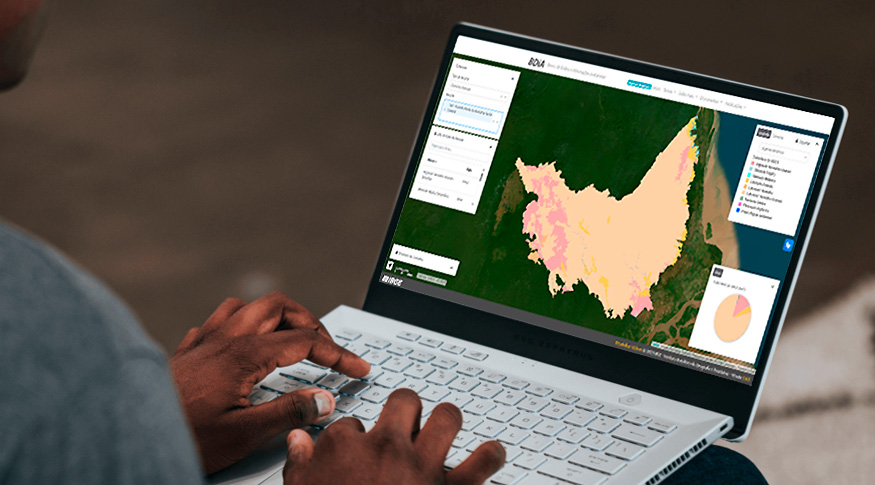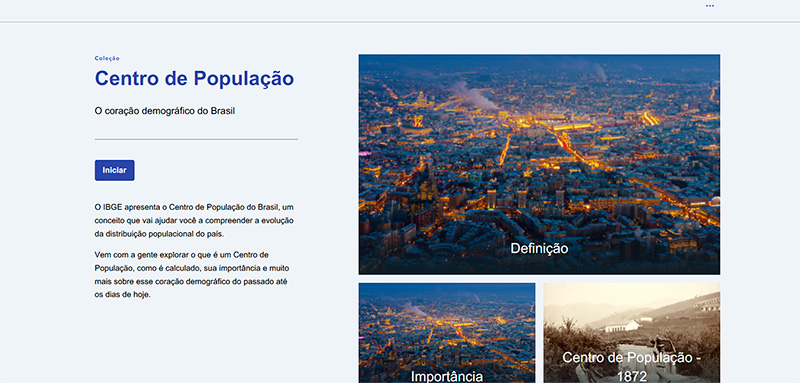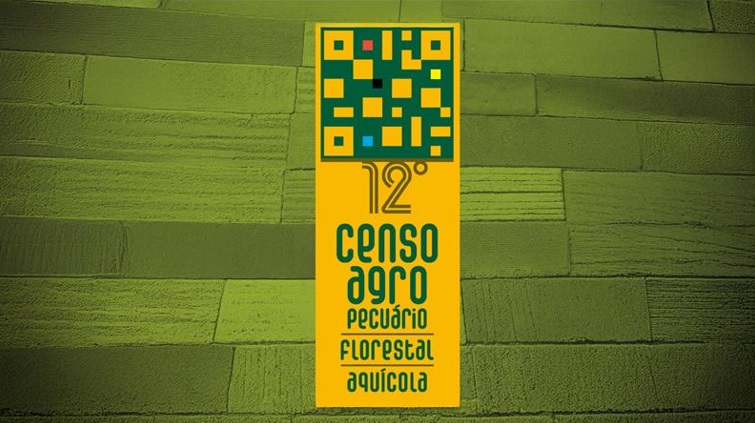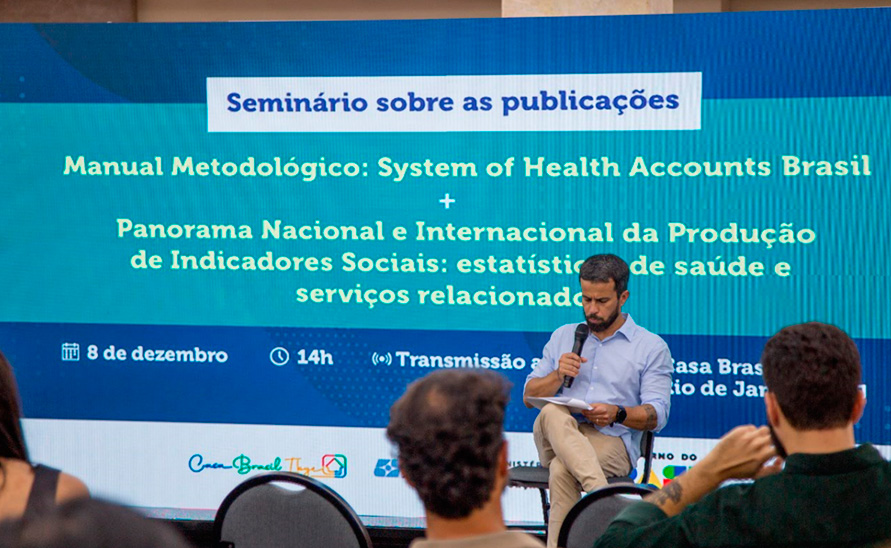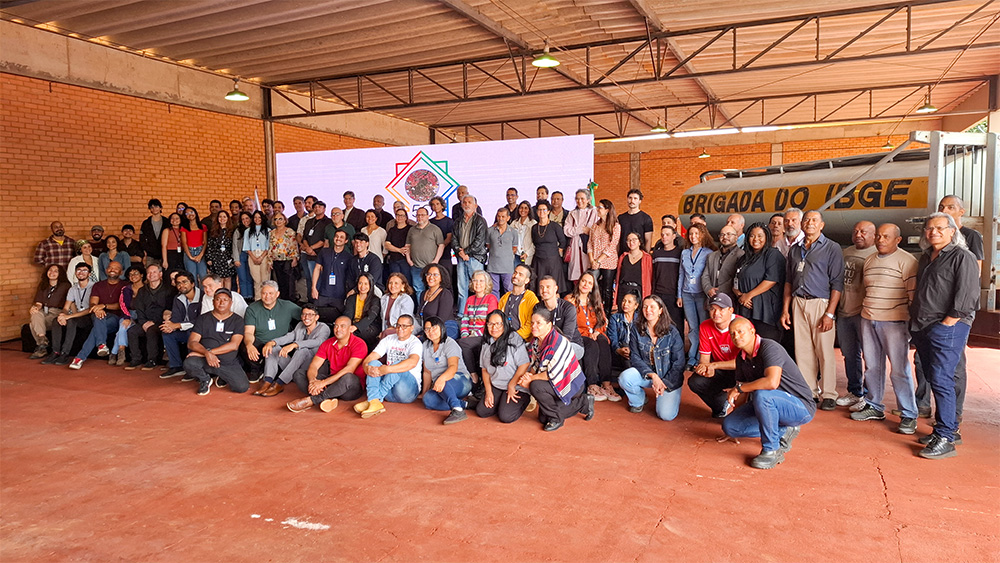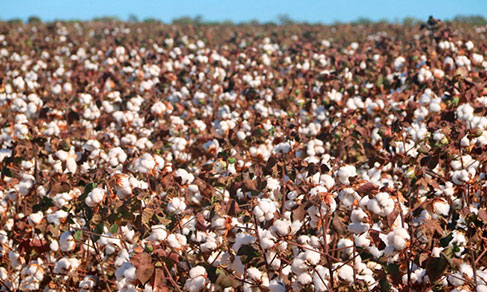2022 Census
In Acre, IBGE releases unprecedented data on people and households located in Conservation Units
July 14, 2025 09h00 AM | Last Updated: July 15, 2025 04h32 PM
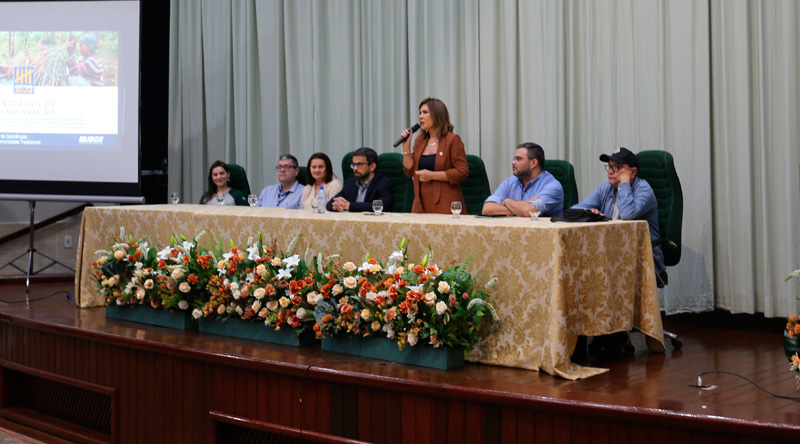
UFAC´s dean thanked the IBGE for disseminating the 2022 Census data at the university - Picture: Raphael Lopes/UFAC
The Brazilian Institute of Geography and Statistics (IBGE) released today (11), at 8 am local time and 10 am in Brasilia, the publication 2022 Population Census: Conservation Units - Main characteristics of residents and households, by geography and specific population group. The event, held at the Garibaldi Brasil Amphitheater, at the Campus of the Federal University of Acre (UFAC), in Rio Branco (AC), was broadcast by IBGE Digital and by the IBGE´s social media. Watch the video here. This was the first time in its history that the IBGE took a national release to the state of Acre.
The subject Conservation Units is unprecedented in the 2022 Population Census and brings information that allows to know the main characteristics of people and households, located in these units, from questions formulated in the Basic Questionnaire of the survey. The results will allow the exploitation of this information at the following geographical levels: Major Regions, Federation Units, Municipalities and Conservation Units. Take a look at the results here.
Among the authorities present, the Dean of the Federal University of Acre (UFAC), Guida Aquino; the President of the Court of Auditors of the State of Acre, Dulcinéa Benício de Araújo; the Head General of the Brazilian Agricultural Research Company (Embrapa-Acre), Bruno Pena; the President of the National Council of Extractive Communities (CNS), Júlio Barbosa; and the representative of the Chico Mendes Institute for Biodiversity Conservation (ICMBio), Cibele Ferreira.
Representing the IBGE at the public press conference, the Director of Surveys (DPE), Gustavo Junger; the Technical Coordinator of the Population Census, Giulia Scappini; the Manager of Traditional Peoples and Communities and Specific Population Groups, Marta Antunes; the Manager of Traditional Territories and Protected Areas, Fernando Damasco; and IBGE's Deputy Superintendent in Acre, Raphael Dias.
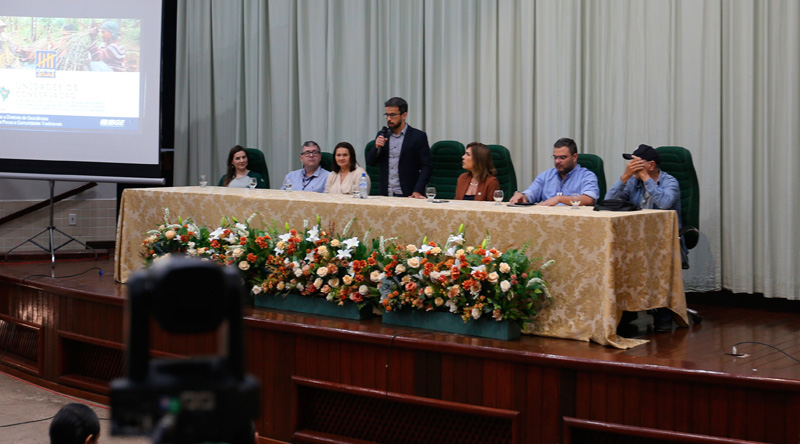
The director of Surveys recalled the importance of the entire IBGE data collection network and partners for the success of the 2022 Census - Picture: Raphael Lopes/UFAC
At the opening session, the dean of the Federal University of Acre thanked IBGE for taking the release to a university in the Amazon and stressed that "what the IBGE presents today will help public policies to be drawn to traditional peoples and communities indeed."
In his speech, the director of Surveys, Gustavo Junger, stressed the large number of people involved in an operation such as the Census and the difficulties of the data collection, thanking the team of the Superintendence of Acre, on behalf of all other superintendencies. Junger also thanked the partners who supported the 2022 Census data collection in the Conservation Units, the Ministry of Environment and the Chico Mendes Institute, as well as municipal and state offices: "It is a pride to be present with our teams here, none of this would be possible without our fellow public officers who are at the field, working to collect information."
The president of the Court of Audit of the State of Acre, Dulcinéa Araújo, reiterated that the unprecedented dissemination of the IBGE is an important moment: “the 2022 Census is not only a portrait of the citizenship, but it is essential for the rulers who want to plan public policies, it is extraordinary data for the societies of the most different segments that use them to claim their civil rights."
"The management of the information on the territory has increasingly revealed the fundamental element of the management of the Conservation Units. Management is not done without sound, official, reliable, systematized, organized and accessible information. This is a great achievement, a great conquest, a big step,” said Cibele Ferreira, representative of the Chico Mendes Institute for Biodiversity Conservation (ICMBio).
Representing the extractive communities, the president of the National Council of Extractive Communities, Júlio Barbosa, pointed out: “This moment, for us, has a very important symbolism. We at the CNS are very happy and gratified because we have been invited to this moment."
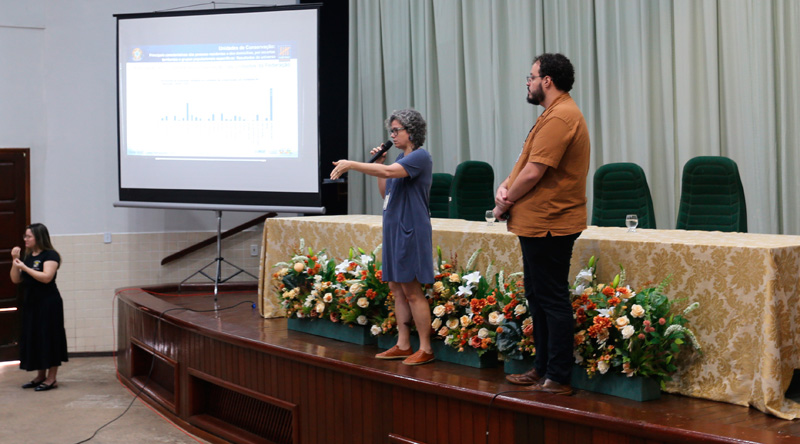
IBGE technicians, Marta Antunes and Fernando Damasco, presented the results of the Census for Conservation Units - Picture: Raphael Lopes/UFAC
"We hope to follow our partners, always thinking of improving our capacity to produce statistical information and, of course, always deliver the best for public policies to be increasingly able to give visibility to all the population that were invisible in the past," concluded the opening session the Census technical coordinator, Giulia Scappini.
Then, the manager of Traditional Peoples and Communities and Specific Population Groups, Marta Antunes, and the manager of Traditional Territories and Protected Areas, Fernando Damasco, presented the unpublished data of the main characteristics of people living in Conservation Units, by urban or rural situation of households; population by situation, sphere, group and category of Conservation Unit; ethnic-racial identification; population by sex and age; and literacy rate.
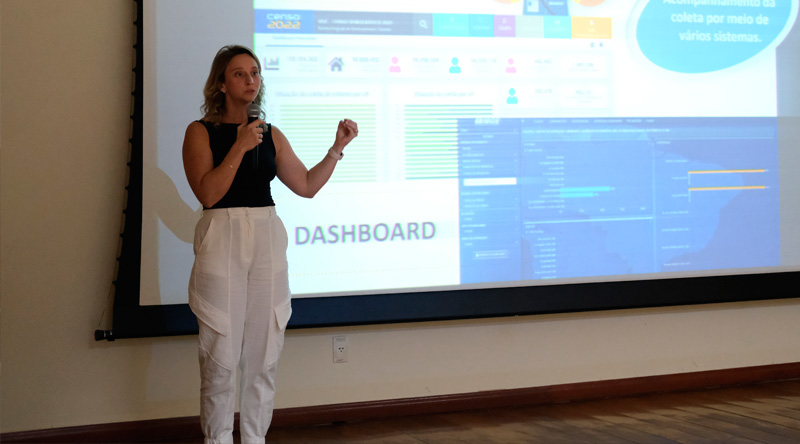
Census Technical Coordinator Giulia Scappini, joined the IBGE instructors’ team in the workshop A territory of information: Potentialities of Census Data for the Quilombola Population - Picture: Raphael Lopes/UFAC



